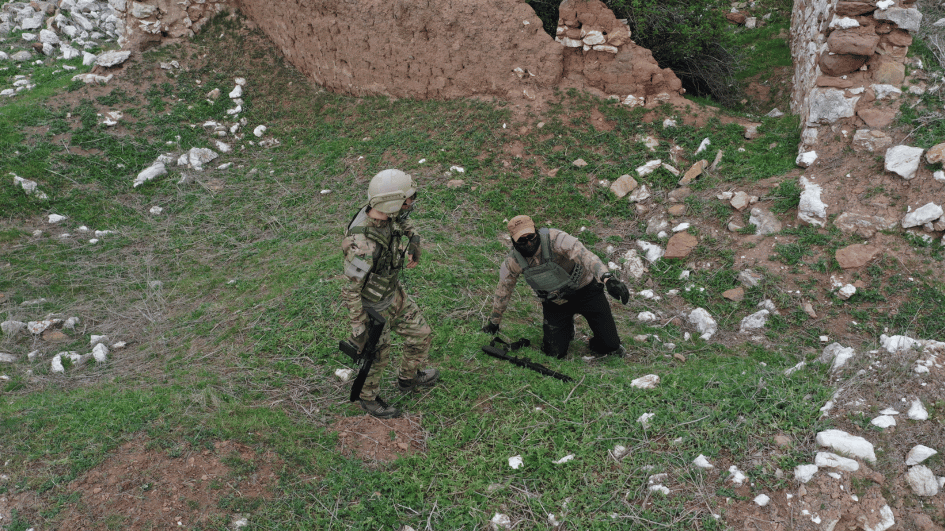Road from the White House to Turkey
The consequences of Washington visits of Turkish prime ministers are not limited to Turkish-American relations and regional issues.
A significant outcome of White House visits has always been “adding strength” to the power platform the leader stands on in his own country.
There are always attempts to transform the respect and importance the prime minister receives in the capital of the country regarded as leader of the world, and also the level of appreciation attributed to him, into a high political gain before his own public. No doubt, these visits also strengthen the position of the leader in the international sphere.
This being the case, the official protocol applied and the tones and nuances of the interest and warmness shown to the leader become crucial when compared to previous visits. As the level of protocol increases, this difference is reflected to the domestic public as the increase of prestige in Washington.
Turkish leaders, in this context, have attributed a very special significance to their Washington visits ever since. The late President Turgut Özal, especially, was a master of Washington visits.
When viewed from this aspect and when compared to his predecessors’ past visits, where does Prime Minister Recep Tayyip Erdoğan’s last Washington visit stand? As a Washington correspondent who has covered almost all prime ministerial visits to Washington between 1987 and 2005, I need to remind readers that former prime ministers Süleyman Demirel’s 1991 and Tansu Çiller’s 1993 visits had received highly flamboyant greetings.
However, if a general ranking is to be prepared from the aspect of “welcoming level and warmness,” then it would be appropriate to put Turgut Özal’s visit in March 1991, right after the Gulf War when Turkey had close cooperation with the United States, in first place and Erdoğan’s visit in second place.
A significant difference in Özal’s visit was President George Bush’s hosting him at the presidential retreat at Camp David overnight and spending the weekend together.
As a result, his last visit has been a strong reinforcement for Prime Minister Erdoğan’s political power in all aspects. The Obama administration has made every gesture it can to make him feel the importance they have attached to him. U.S. vice-president Joe Biden’s words such as “I think he has done an absolutely marvelous job in an incredibly difficult neighborhood” can be seen as the warmest messages of the administration.
After this visit, it is possible to say that the close relationship between Barack Obama and Prime Minister Erdoğan formed during the U.S. President’s 2009 Turkey visit, which had its ups and downs from time to time, has evolved into its warmest level of the past four years.
When viewed from the U.S. point of view, it is not too difficult to understand why Obama is gravitating toward Erdoğan. President Obama, in an atmosphere of uncertainty, cannot see another second country in the region apart from Turkey – except for Israel – with which he can set up a close dialogue, rely on and receive assistance.
U.S. Secretary of State John Kerry’s words are also significant: “It’s comforting to know that where the thorniest problems exist, we look beside us and we find Turkey at the table helping to lead.”
It would indeed be more accurate to evaluate the consequences of these types of visits in the long term. In any case, we can say that a very close consultation mechanism will soon become operational between the two countries.
However, the short-term consequence is obvious. Erdoğan will make use of the wind created by his U.S. visit in his domestic political strategies including the presidential system as a valuable card. Even though he would not say it aloud…
Sedat Ergin is a columnist for daily Hürriyet in which this piece was published on May 21. It was translated into English by the Daily News staff.











